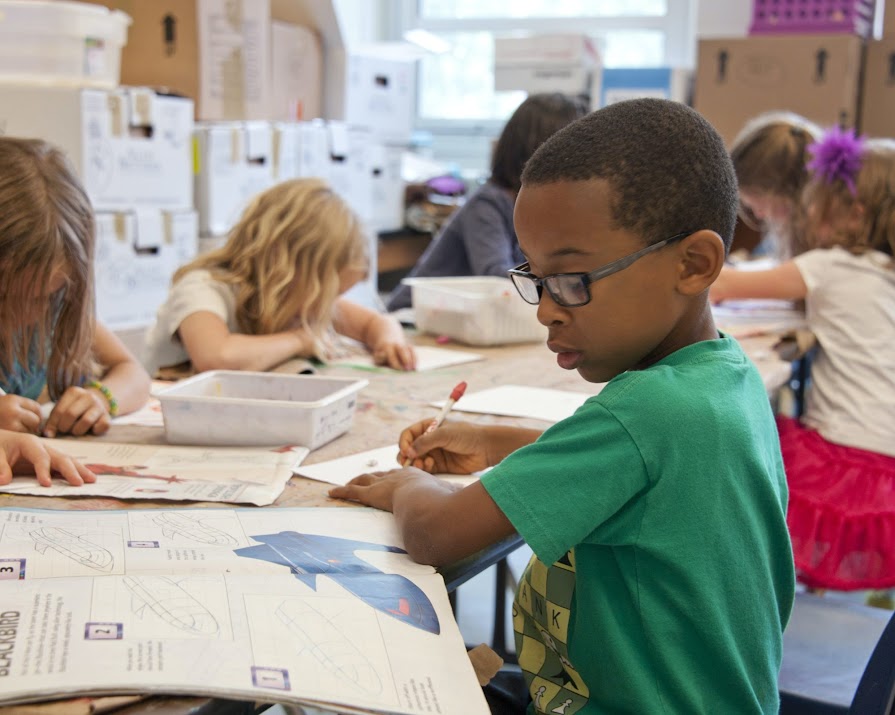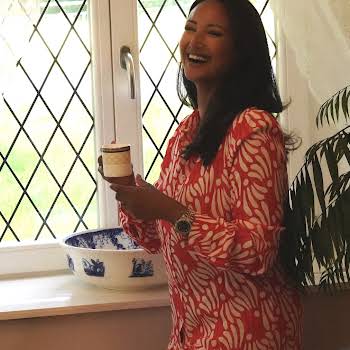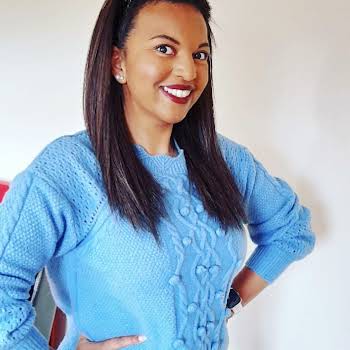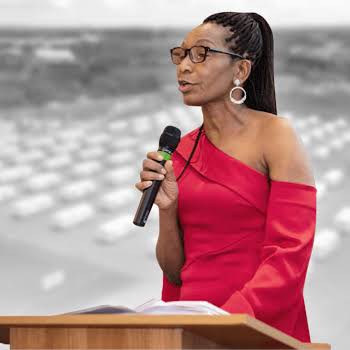Children in Direct Provision frequently face racism in schools, report finds
By Shayna Sappington
07th Jul 2020
07th Jul 2020
These children have opened up about their struggles in Direct Provision, saying that they often experience racism in their schools and community
The Ombudsman for Children’s Office has published a report, showing a staggering number of young people in Direct Provision who encounter racism in their communities.
The report comes after researchers surveyed over 70 children (from ages 12 to 17) in nine different direct provision centres, at the end of last year.
Children were asked about their rights and their inclusion and exclusion experiences in schools, their local community and in Irish society.
In schools
In schools, these children felt excluded from their peers and even some teachers, saying both had relayed racist or covertly racist sentiments.
Young people said they were often left out of activities like being chosen for sports teams, presentations and projects due to discrimination.
They wished that teachers would intervene more so in these situations, stopping ongoing abuse from other students.
“These incidents are affecting the children’s ability to fully participate in school life, with some children explaining that they do not participate in class because their peers will not work with them and others explaining that their exclusion means they will not speak or answer questions in class,” the report said.
In the community
In the community, children said they often experienced the use of racial slurs, like ‘go back to your country’ and were called ‘terrorists’ and the n-word. Muslim girls said they were abused for wearing a hijab.
However, some young people did say they had more positive and inclusive experiences.
A few children expressed support from their communities and schools, saying that teachers had encouraged the wearing of hijabs, provided halal food in the canteen and designated prayer rooms in the school.
How things can change
These children said they wanted to tell others about the hurt they’ve experienced because they felt that many in Irish society do not understand the rationale for them coming here to seek asylum.
The results of these incidences, in combination with a lack of transport available to and from these Direct Provision centres, have caused many young people to feel isolated and unaccepted.
During their interviews, the children were asked what changes could be made to help them feel more accepted in their communities and schools.
They suggested that teachers participate in anti-racism training and be recruited from more diverse backgrounds. They also wished that pupils who express racism be more frequently disciplined by teachers.
Read more: Dr. Tony Holohan to be awarded the Freedom of Dublin City
Read more: 5 childhood books you should revisit as an adult (or thumb through with the kids)
Read more: Racism in Ireland: “People would say things like ‘go back to your own country'”























